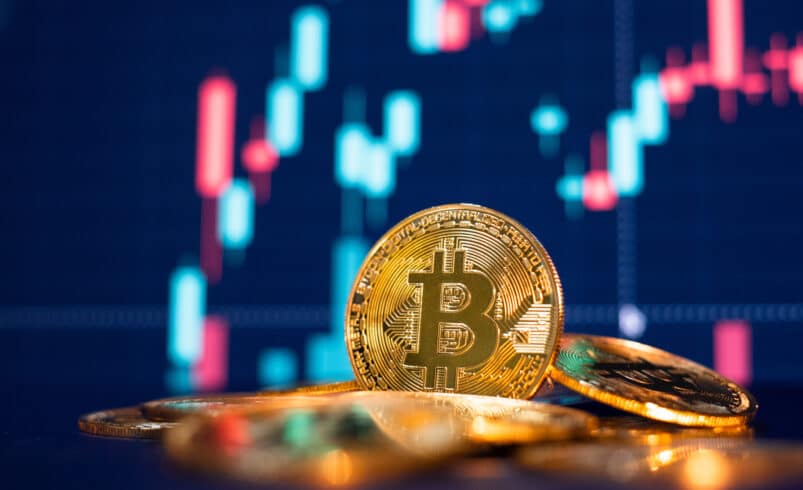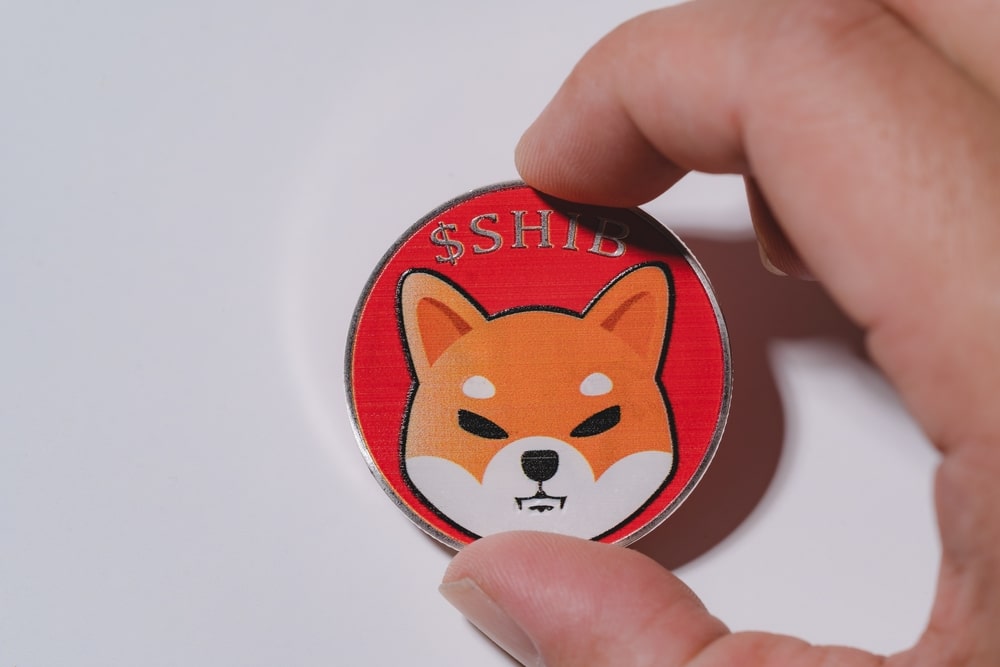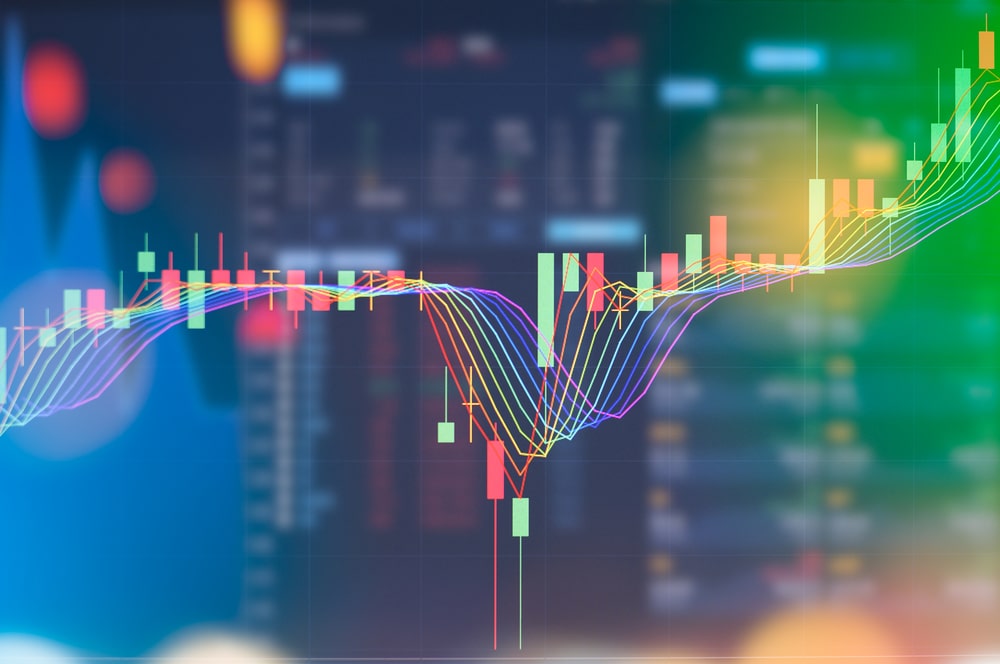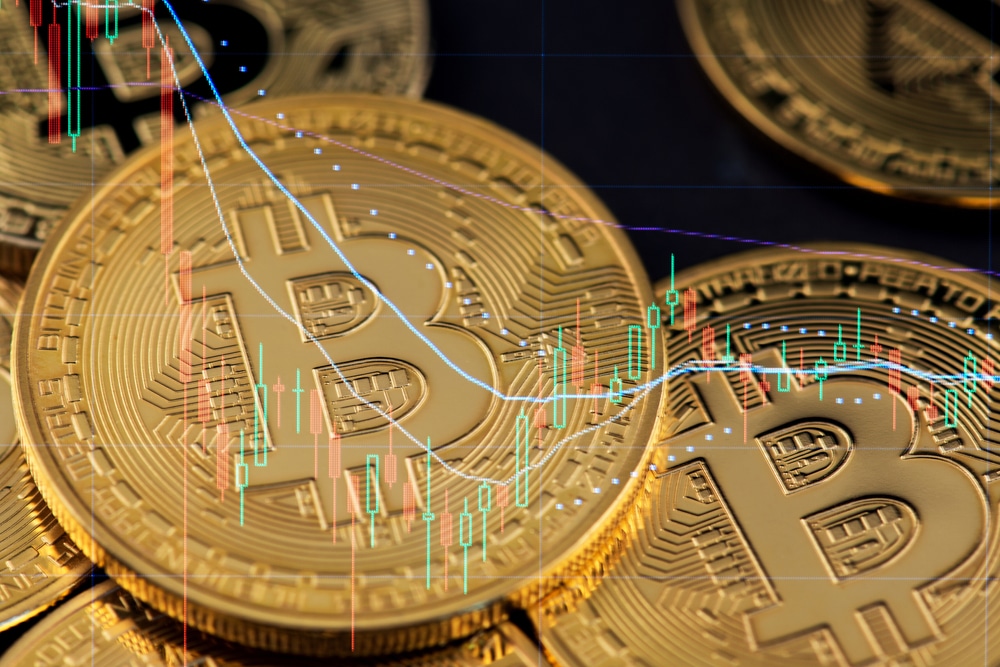What Is GameStop and How It Became a Meme Stock Sensation
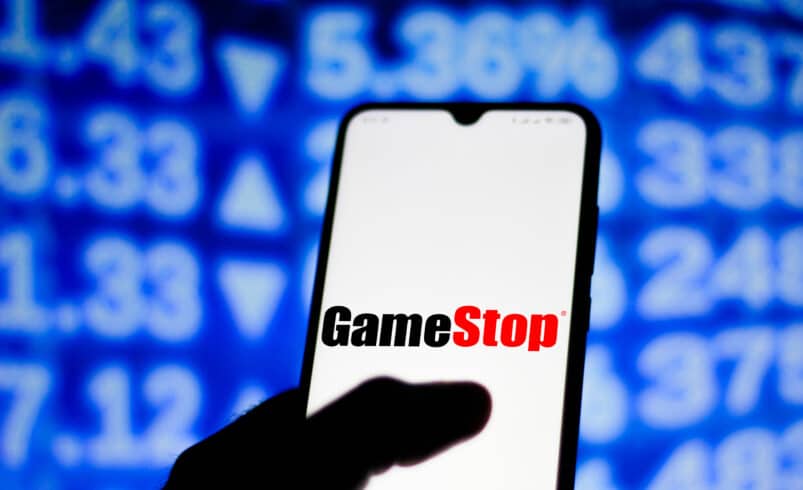
In January 2021, the video game retailer GameStop (GME) became the focal point of an extraordinary stock market event. GME stock prices surged dramatically due to a substantial short squeeze initiated by retail traders on Reddit’s r/WallStreetBets forum.
Below is a comprehensive overview of GameStop and the GME phenomenon.
What is GameStop?
GameStop is an American retail chain that specializes in video games, gaming consoles, and various consumer electronics. Typically located in shopping centers, GameStop stores are often situated between other retail outlets, such as food vendors and cosmetic shops. Despite its longstanding presence in the market, the company faced significant financial challenges exacerbated by the impact of the COVID-19 pandemic.
What is its connection to Reddit?
In late 2020 and early 2021, GameStop became the center of a large-scale coordinated buying initiative driven by retail investors on the Reddit forum r/WallStreetBets, including notable participant Keith Gill, known as Roaring Kitty.
These investors sought to induce a short squeeze—a scenario where short sellers are compelled to purchase shares to cover their positions, further inflating the stock price.
By January 2021, this movement had gathered substantial momentum. GameStop’s stock price, initially around $17 at the start of the year, escalated to an unprecedented peak of $483 on January 28, 2021. This surge was propelled by a mix of retail investor enthusiasm, social media influence, and the financial strain on hedge funds that had significantly shorted the stock.
The After-Effect
The surge in GameStop’s stock led to significant profits for some retail investors while simultaneously inflicting substantial losses on certain hedge funds. This situation triggered a wave of trading restrictions on platforms such as Robinhood, which in turn sparked debates regarding market fairness and regulatory oversight.
The meme stock phenomenon also became a cultural touchstone, elevating traders like Roaring Kitty to household names. Their exploits were even depicted in the 2023 feature film “Dumb Money.”
The GME phenomenon had several enduring effects. It attracted a considerable number of new participants to the stock market, particularly younger investors using mobile applications like Robinhood. This influx prompted increased scrutiny from regulators and lawmakers on meme stocks and short-selling practices. GameStop, seizing the opportunity presented by its heightened profile and influx of capital, attempted to pivot towards e-commerce and digital ventures such as NFTs, albeit with mixed outcomes.
The Future of GameStop
In the wake of the r/WallStreetBets short squeeze, GameStop endeavored to expand into NFT collectibles through a marketplace for digital assets and an Ethereum wallet. However, as the broader NFT market lost momentum, the strategy faltered. In December 2021, CEO Matt Furlong announced a reduced focus on NFT and crypto-related efforts, accompanied by layoffs in the crypto team.
Furlong was removed from his position as CEO in June 2023, with Chewy co-founder Ryan Cohen stepping in as executive chairman. Under Cohen’s leadership, the company has embarked on a strategic shift, aiming to transform GameStop into a technology-driven enterprise focused on e-commerce, leveraging its existing customer base.
In May 2024, interest in GameStop as a “meme stock” briefly reignited when r/WallStreetBets figurehead Roaring Kitty appeared to return from a prolonged absence on social media.
The re-emergence of financial analyst and meme stock influencer Roaring Kitty on Twitter, despite not directly mentioning GameStop, led to a temporary doubling of GME’s stock price and a 1,900% surge in a Solana-based tribute coin, also named GME. Roaring Kitty, whose real name is Keith Gill, once again influenced market dynamics without explicitly referencing GameStop.
The renewed wave of meme stock enthusiasm was short-lived, though some fortunate traders managed to profit from trading GME options.
Final Thoughts
The GameStop saga encapsulates a dramatic intersection of traditional retail investing and the burgeoning influence of social media-driven market movements. From its origins as a struggling video game retailer to its meteoric rise and subsequent challenges, GameStop’s journey highlights the power of collective retail investor actions, the volatility of meme stocks, and the evolving landscape of market regulation and digital commerce.
Editorial credit: rafapress / Shutterstock.com
DISCLAIMER: It's essential to understand that the content on this page is not meant to serve as, nor should it be construed as, advice in legal, tax, investment, financial, or any other professional context. You should only invest an amount that you are prepared to lose, and it's advisable to consult with an independent financial expert if you're uncertain. For additional details, please review the terms of service, as well as the help and support sections offered by the provider or promoter. While our website strives for precise and impartial journalism, please be aware that market conditions can shift unexpectedly and some (not all) of the posts on this website are paid or sponsored posts.



